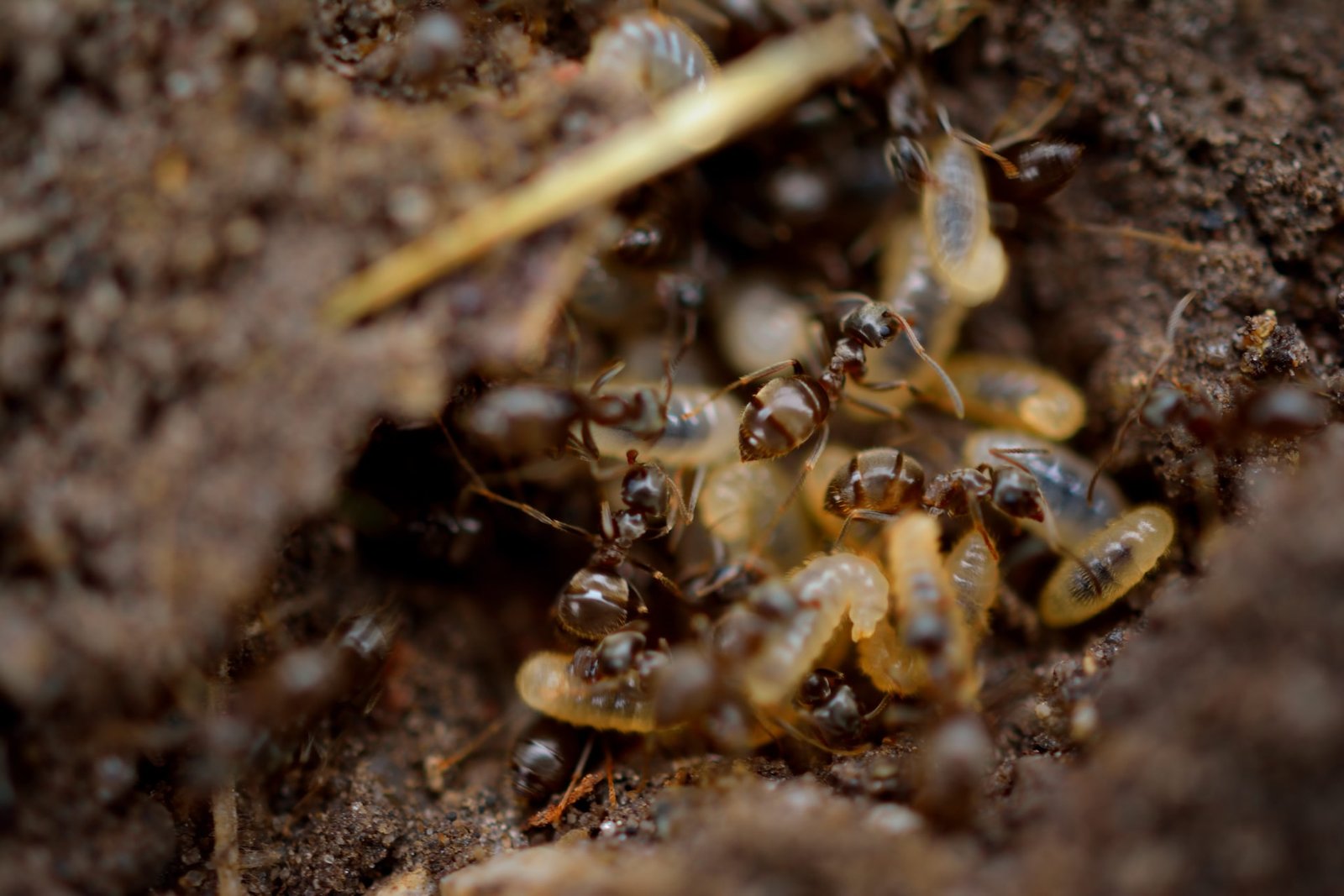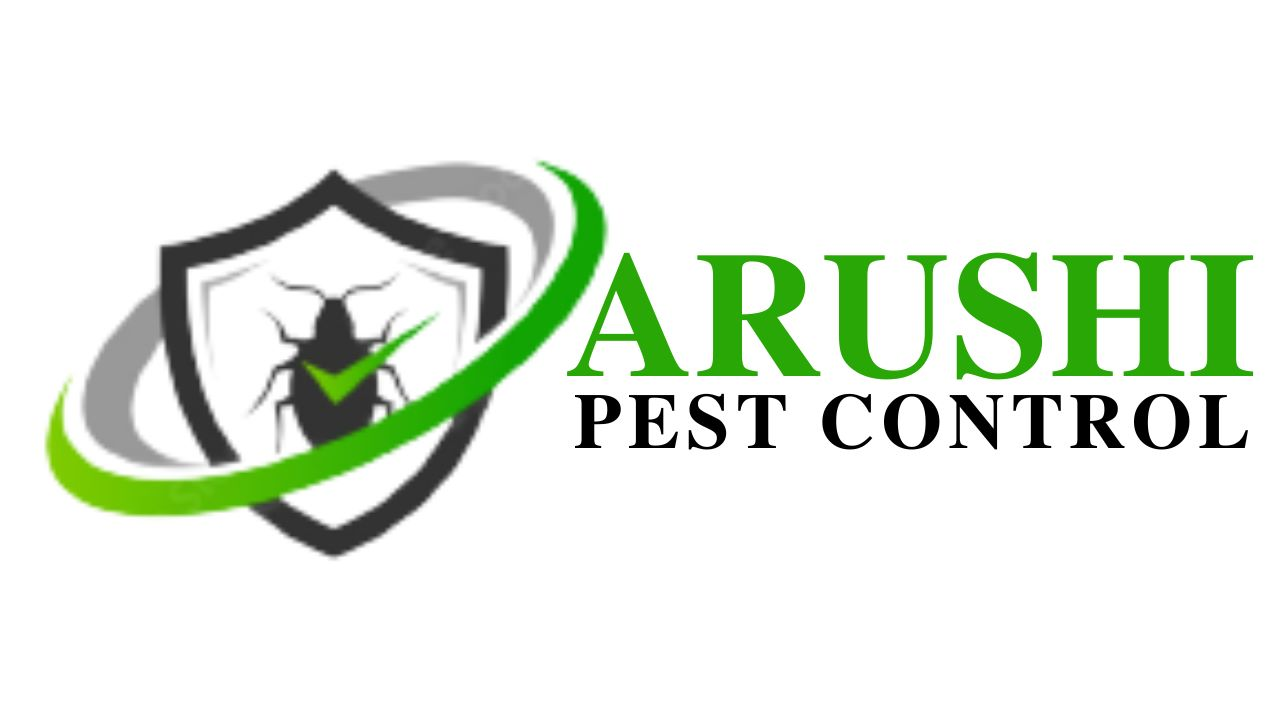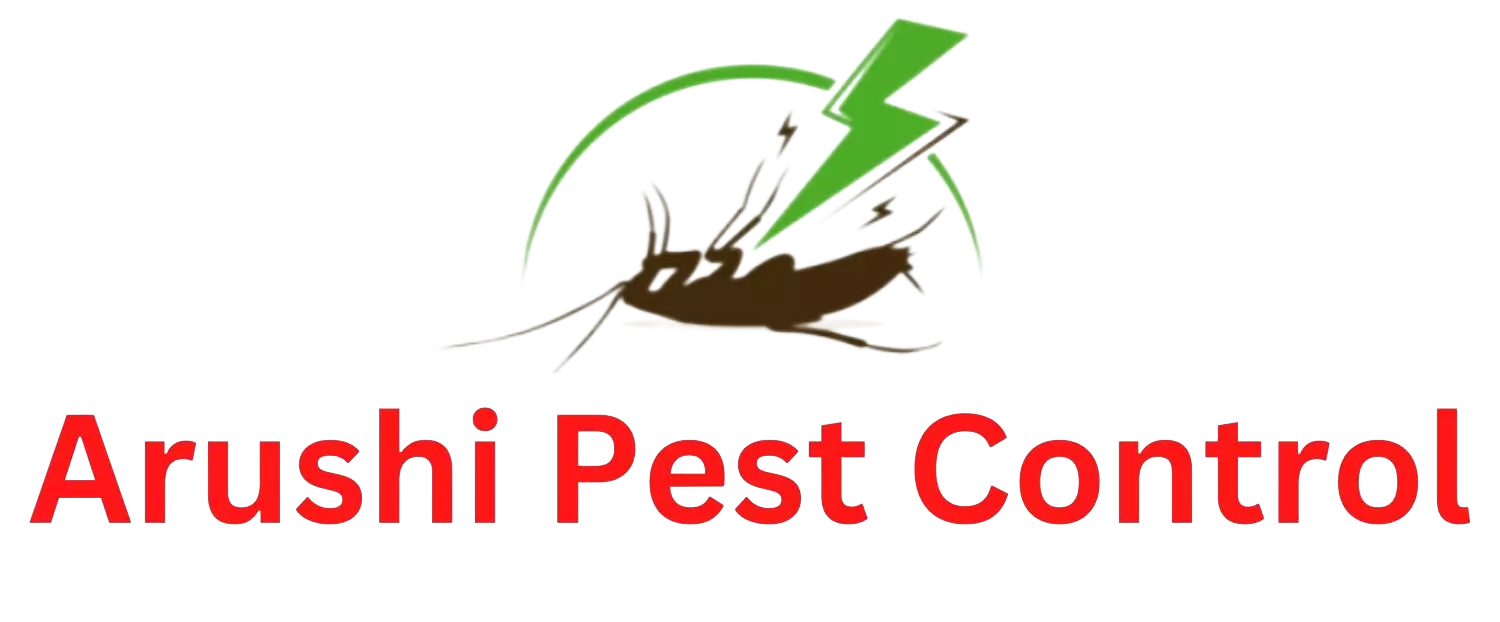
- Termite Pest Control: Keeping Your Home Safe and Sound Termite Treatment In Palamu.
- Termites might be small insects, but their impact on homes can be monumental. These silent destroyers can wreak havoc on your property, causing extensive damage before you even realize it. Termite pest control is not just an option; it’s a necessity to protect your home from these destructive invaders. In this article, we’ll delve into everything you need to know about termite pest control, from understanding their behavior to effective prevention and treatment strategies
Table of Contents
Understanding Termites: Nature’s Silent DestroyersThe Different Types of Termites
Termite Behavior and Colonization
Signs of Termite Infestation
Visible Damage
Mud Tubes and Galleries
Discarded Wings
The Importance of Early Detection
Preventing Irreversible Damage
Regular Home Inspections
DIY Prevention Tips
Managing Moisture Levels
Proper Landscaping Practices
Using Termite-Resistant Wood
Professional Termite Inspection
How Often Should You Schedule an Inspection?
What to Expect During an Inspection
Effective Termite Treatments
Liquid Termiticides: A Barrier Against Infestations
Baiting Systems: Eliminating Colonies at the Source
Natural Approaches to Termite Control
Beneficial Nematodes: Nature’s Pest Controllers
Orange Oil: A Plant-Based Solution
Termite-Resistant Construction
Incorporating Physical Barriers
Treated Wood and Masonry
Choosing a Professional Pest Control Service
Research and Reviews
Treatment Plans and Long-Term Prevention
Conclusion: Safeguard Your Home Against Termites
Termites might be small, but they can cause big problems for homeowners. To keep your home safe and sound, it’s essential to understand termite behavior, recognize the signs of infestation, and take proactive measures to prevent and treat these pests.
Understanding Termites: Nature’s Silent Destroyers
Termites are social insects that thrive in colonies, working silently and destructively.Subterranean, drywood, and dampwood are the three main categories of termite species . Subterranean termites build their colonies underground and are the most destructive. Drywood termites infest dry wood and are known for forming colonies within furniture and walls. Dampwood termites, as the name suggests, are attracted to damp wood and often infest decaying trees.
Signs of Termite Infestation
Detecting termite infestations early is crucial. Keep an eye out for visible damage, such as sagging floors, hollow-sounding wood, and peeling paint. Mud tubes and galleries along your foundation or walls are also telltale signs. Moreover, finding discarded termite wings near windowsills or light sources indicates a termite swarm nearby.
The Importance of Early Detection
Early detection can save you from significant expenses down the line. Termites can compromise the structural integrity of your home, leading to expensive repairs. Regular home inspections by professionals can help catch infestations in their early stages.
DIY Prevention Tips
Managing moisture levels in and around your home is a fundamental step in termite prevention. Additionally, proper landscaping practices like maintaining a gap between soil and wood portions of your home’s structure can deter termites. Using termite-resistant wood and treating vulnerable areas with termiticides are also effective preventive measures.
Professional Termite Inspection
Scheduling regular professional inspections is crucial. Professionals can assess the extent of infestations, identify vulnerable areas, and recommend appropriate treatments. Aim to have your home inspected at least once a year.
Effective Termite Treatments
Liquid termiticides create a barrier that prevents termites from entering your home. Baiting systems, on the other hand, target termite colonies directly. Bait stations are strategically placed around your property to eliminate colonies at the source.
Natural Approaches to Termite Control
Beneficial nematodes are microscopic organisms that feed on termites. These natural predators can be introduced to the soil around your home. Orange oil, derived from orange peels, contains compounds that are toxic to termites. It can be injected into termite galleries to eliminate infestations.
Termite-Resistant Construction
Incorporating physical barriers during construction can deter termites from entering your home. Treated wood and masonry products are also available, offering long-lasting protection against termites.
Choosing a Professional Pest Control Service
When choosing a pest control service, research their reputation and read reviews from other customers. A reliable company should offer comprehensive treatment plans, long-term prevention strategies, and clear communication.
Conclusion: Safeguard Your Home Against Termites
Termites may be small insects, but the damage they cause can be extensive. By understanding termite behavior, recognizing signs of infestation, and implementing preventive measures, you can protect your home and investment from these destructive pests.
FAQs About Termite Pest Control
How do termites damage homes?
Termites feed on cellulose present in wood and other materials, compromising a home’s structural integrity.
Can I treat a termite infestation myself?
While DIY methods exist, professional pest control is recommended for effective and lasting results.
Are termites attracted to certain types of wood?
Yes, termites are particularly drawn to softwoods like pine and cedar.
What is the cost of professional termite treatments?
Treatment costs vary based on factors such as the extent of infestation and chosen treatment method.
Is termite damage covered by homeowners’ insurance?
Generally, homeowners’ insurance does not cover termite damage; a separate termite bond or policy is required.
For comprehensive termite pest control, it’s essential to understand their behavior, signs of infestation, prevention strategies, and treatment options. By taking proactive measures and seeking professional assistance, you can ensure your home remains termite-free.

